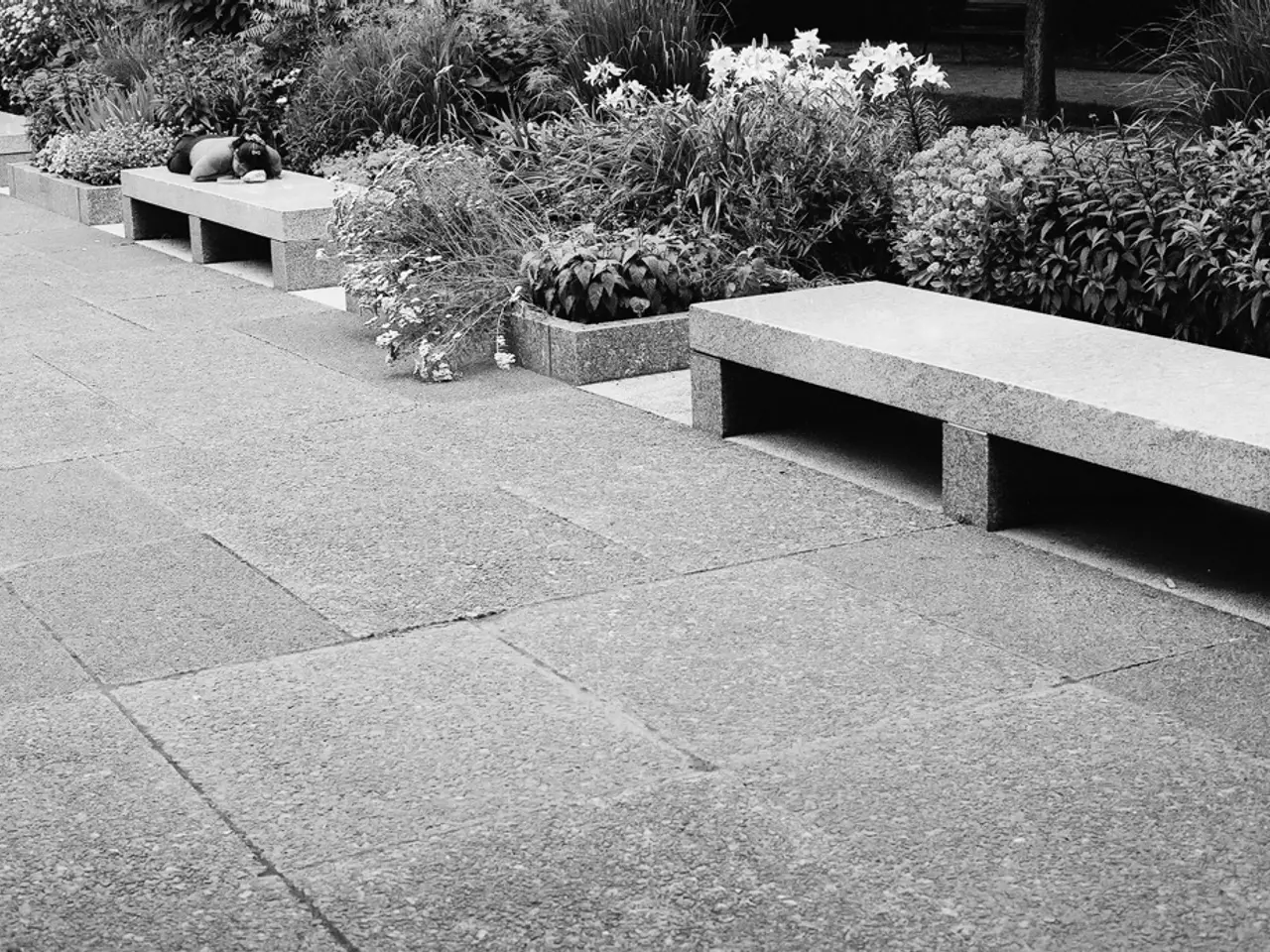Garden Bed Comparison: Raised vs Container
In the world of gardening, two popular methods stand out: raised garden beds and container gardens. These distinct approaches offer unique advantages and challenges, and understanding their differences is crucial for any gardener.
A raised garden bed is a defined planting area where soil is piled above ground level, often enclosed in a wooden or other frame. On the other hand, a container garden consists of plants grown in individual containers such as pots, buckets, or barrels. The key difference lies in structure and scale: raised beds are larger, often fixed installations that allow roots to extend more deeply and widely in the soil, whereas container gardens are more portable and have enclosed bottoms, typically used on patios or small spaces.
Raised garden beds warm up earlier in spring and are less prone to frost damage but dry out faster and usually require more frequent watering. Container gardens, however, are excellent for limited spaces and can use diverse vessel types but limit root growth and may require more maintenance regarding water and nutrient management.
A container garden is any size container or bed that has no connection to the earth. A good container garden setup includes a soil mixture that includes a light growing medium, a moisture retainer, and a fertilizer. It's worth noting that no soil life will move in and build soil over time in a container garden.
A raised garden bed, however, can be used anywhere where there is some kind of soil available. If the soil in a raised bed is hard, it may need to be redone by removing the bottom, adding natural material, and layering it back in. If the soil is loose with no earthworms but has vermiculite or perlite, it might be filled with a good container mix.
One advantage of tall raised beds is easy use, especially for people with health problems, and durable material makes it a good choice for many years of gardening. In some cases, a raised garden bed may even be protected by windows, such as those on a driveway, but it remains connected to the soil and soil life in the garden, setting it apart from a container garden.
Container gardens are a great choice to grow a garden where there is no soil, such as in urban settings. For instance, a raised window-protected garden bed on concrete and lined with weed control fabric, isolating the soil, is considered a container garden.
This article also covers topics such as soil for seedlings, no-till gardening methods, winter compost solutions, preparing the garden for winter in a cold climate, challenges with the Back to Eden Gardening Method, and the pros and cons of using landscape fabric in the garden.
We invite readers to subscribe to our website and follow us on Instagram, Facebook, or Pinterest for updates on these topics and more. Happy gardening!
[1] Contained Gardening: Pros and Cons. (2021). Retrieved from https://www.gardeningknowhow.com/garden-how-to/containers/container-gardening-pros-cons.htm
[2] Raised Garden Beds vs. Container Gardens. (2021). Retrieved from https://www.gardeningknowhow.com/garden-how-to/containers/raised-garden-beds-vs-container-gardens.htm
[4] The Difference Between Raised Beds and Container Gardens. (2021). Retrieved from https://www.gardeningknowhow.com/garden-how-to/containers/raised-bed-vs-container-garden.htm
- In a cold climate, a raised garden bed can provide an advantage over a container garden, as the soil in the raised bed can be prepared for winter using compost and other winter compost solutions.
- For homeowners who prefer a no-till lifestyle, raised garden beds might be a better choice, as the soil in raised beds can be enriched over time by the natural mining activities of earthworms and other soil life.
- Greenhouse gardening can be combined with raised garden beds, providing an insulated environment for plants to grow during cold weather, making it possible to plant and grow a variety of crops even in a cold climate.
- If one is looking to grow a garden in a small urban space, a container garden might be the better choice, as container gardens can be set up on balconies, rooftops, or even on patios, using raised beds or individual containers of various sizes.
- For individuals with health problems or mobility issues, raised garden beds can be a great option, as they are easier to access and can be built to a comfortable height, making gardening a more enjoyable and stress-free experience.




